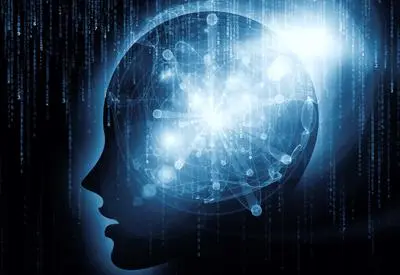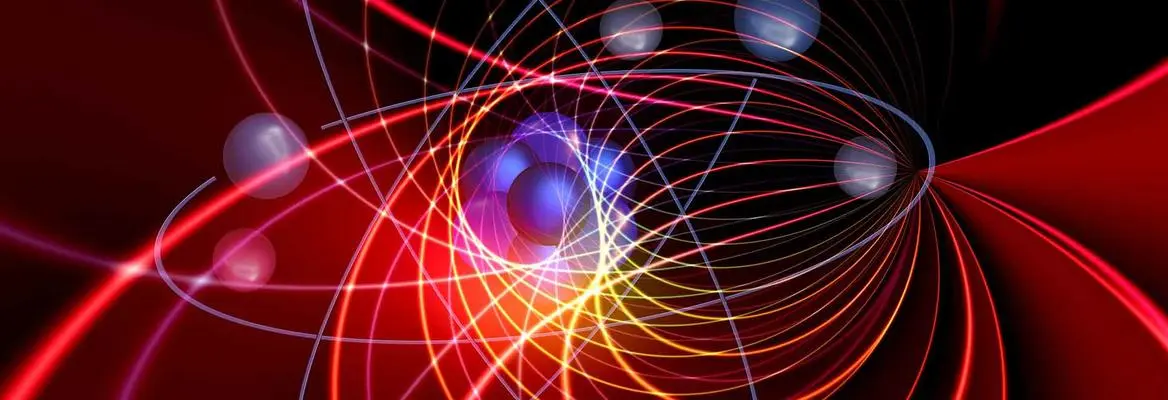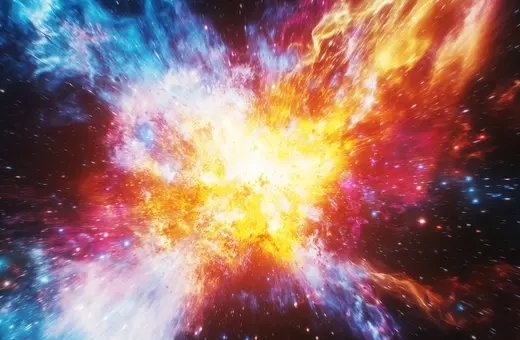The quest to understand quantum mechanics has led to remarkable technological advancements, granting us power and control over the natural world. However, despite these successes, the paradoxes and mysteries surrounding the theory continue to challenge our understanding of reality. This raises the question of whether science, particularly quantum mechanics, provides us with true comprehension of the world or merely equips us with power without deeper understanding, writes John Horgan.
As a science writer, I’ve always felt a little embarrassed by my lack of formal mathematical training. And so three years ago, at the beginning of the Covid pandemic, I set out to learn the math underlying quantum mechanics. My quantum experiment, as I came to call it, has had an unexpected outcome. Instead of enlightening me, it has made me wonder whether we’ll ever really know the world or ourselves.
 SUGGESTED READING
Quantum mechanics makes no sense without the mind
By Shan Gao
SUGGESTED READING
Quantum mechanics makes no sense without the mind
By Shan Gao
Let me back up a minute and ask a basic question: What is science for? One obvious end is power. Science helps us manipulate the world so we can live longer, see further, move faster, crush our enemies. I’ve never really been that interested in applied science. I became a science writer 40 years ago because I wanted to understand.
Ideally, these two ends of science—knowledge and power--complement each other. More knowledge leads to more technology leads to more knowledge leads to more technology and so on. This positive feedback effect fueled the explosive growth of science and technology in the 20th century.
Quantum mechanics lies at the heart of these revolutionary developments. Quantum mechanics is, in one sense, science’s greatest achievement. Countless experiments have confirmed its predictions, and it has yielded technologies that help us probe the deepest recesses of matter and farthest reaches of the universe.
Quantum mechanics, discovered a century ago, has spawned more sophisticated theories that describe all of nature’s forces except gravity. These successes inspired physicists like Stephen Hawking to predict that they would soon find a “final” theory, which accounts for all the forces and solves the riddle of existence. This “theory of everything” would tell us how the universe, and we, came to be.
The problem is that quantum theory makes no sense. Unlike Newtonian physics, quantum mechanics does not specify how matter behaves; it presents a range of possible paths for, say, an electron. Only when you actually observe the electron do you determine which path it takes.
___
This so-called measurement problem subverts the basic premise of scientific objectivity, that the world is what it is regardless of how we perceive it
___
And what you observe depends on how you observe, that is, how you carry out your measurement of electrons or whatever. This so-called measurement problem subverts the basic premise of scientific objectivity, that the world is what it is regardless of how we perceive it.
For more than a century, experts have tried to interpret quantum mechanics, to say what it means, in ways that resolve the measurement problem and related puzzles. But all interpretations are preposterous. They resemble reductio-ad-absurdum arguments, except adherents want us to believe the absurdum.
The many-worlds interpretation, for example, holds that all the possibilities described by the Schrodinger equation actually happen—in different universes! Superdeterminism says everything happening today—from the outcome of Trump’s trial to the scores of baseball games--was determined at the beginning of time by undetectable “hidden variables.”





















Join the conversation